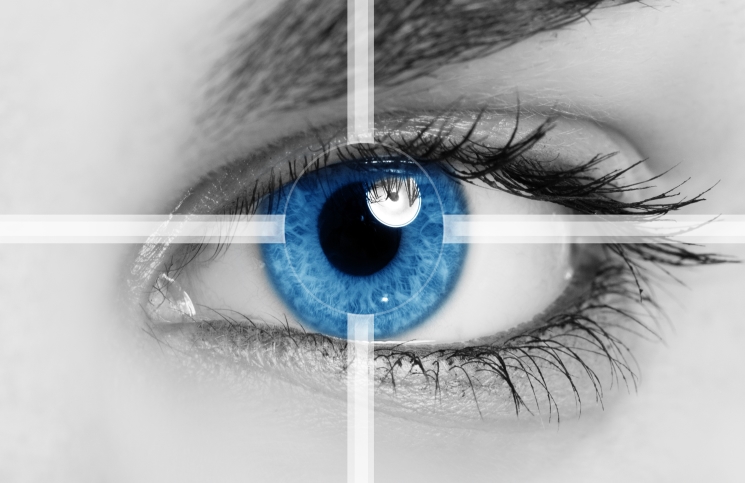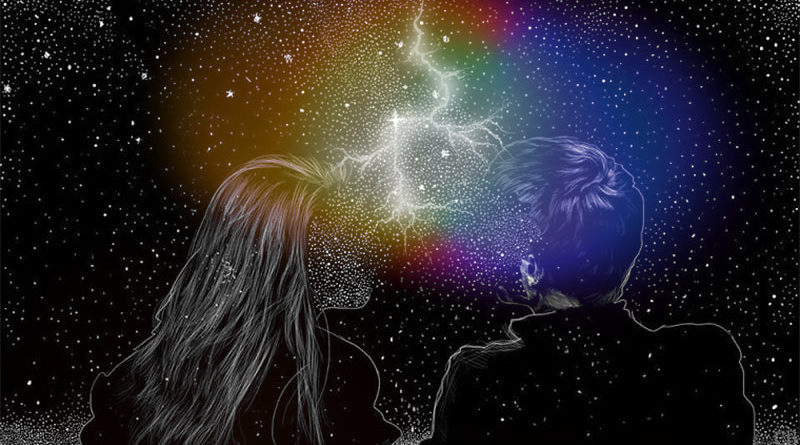Most of you reading this won’t be at all shocked to learn that nearly all human beings view vision as the most important of all the senses.
We love to listen to music and enjoy conversation with our ears, eat delicious foods for nourishment and comfort with our taste buds, feel for hot and cold with our touch, and use our nose to enjoy food and nature – along with smell for warning signs of fire and chemicals. Life would be much less pleasurable if even one of these senses were disrupted.
Still, 85% of all humans polled by the American Optometric Association said they would gladly give up every sense but their eyes if they were put in such a position where they had to choose just one.
Eat for healthy eyes
Beta Carotene: Carrots are often touted for being great for the eyes due to their beta carotene content. However, people who eat colorful vegetables and fruits are rarely deficient in this antioxidant unless they have an alcohol problem. Alcoholism has been shown to lower concentrations of beta carotene in the body.
Lutein and Zeaxanthin: Lutein and Zeaxanthin deficiencies have been shown to be a major factor in older adults who develop macular degeneration and cataracts (source). Serum blood levels of zeaxanthin are often low in most american adults who’re tested. Both of these antioxidants can be found in abundance in green leafy vegetables, blackberries and blue berries, and negligible amounts are found in chicken and turkey eggs.
Omega 3’s: Foods like cold water fish of all kinds and nuts like almonds are loaded with omega 3’s which are powerful anti-inflammatories that control the inflammation in behind the eyes, which can lead to long term, degenerative problems with the optical nerves in our eyes.
Be aware of genetic predispositions to eye problems
Like any health problems, just because your mother, father, grandma, etc. had something, doesn’t mean that you will too with 100% certainty. However, problems like diabetes and heart disease do often have genetic warning signs in our genetic makeup.
Most forms of glaucoma are also genetic, and if caught early doctors can help to treat and control the problem before you lose your vision completely. Bono, lead singer of the rock band U2 has been controlling his glaucoma since the 1980’s with the help of his doctors and the handy red-tinted glasses he’s often seen wearing!
Get regular eye exams
Make sure the doctor is fully aware of your entire health history including smoking, drugs, alcohol, diabetes, heart disease, high blood pressure, stroke, and any other bad habits or chronic illnesses.
Children, teens and adults under 35 should get tested every 2 – 3 years in the absence of any noticable eye issues. Adults over 35 and anyone diagnosed with type 1 or 2 diabetes or high blood pressure should receive yearly exams. Learn More
Be careful with computers, television, and smart devices
Most of us have felt the eyestrain that comes from staring at our electronic devices for too long. The irritation that develops with prolonged use of these devices lies in the blue-spectrum lighting that they emit. Blue light is the most bright and eye-damaging spectrum of light emitted from the sun.
Buy glare protection for your monitors or turn the blue light down by adjusting the color temp in your monitor and television settings. Blue light filters are available for free on Android and iPhones.
Protect your eyes in dangerous situations
Wear protective eyewear when working around all machines and tools that involve grinding, drilling, hammering, sawing, or where there’s a chance of small high-speed objects flying around your eyes.
Each year in the U.S., over 2.5 million people suffer preventable injuries to their eyes – 50,000 of those people suffer permanent damage to one or both eyes.
Wear sunglasses during prolonged exposure to sun
Next to diabetes, eye disease caused by over-exposure to sun is the most common reason people develop eye diseases like macular degeneration, cataracts, and a few other degenerative diseases that result from keeping your eyes unprotected while they’re exposed to the sun’s UV rays.
Wear sunglasses labeled with offering “100% UV Protection” whenever you’re spending more than a few minutes in the sun from early morning right until sundown. The sun’s rays can still be dangerous to the eyes on days when it’s overcast outdoors.
Don’t be lazy!
Exercise is important for the entire body. The main preventable form of eye disease affecting people who don’t get enough exercise is diabetic retinopathy. Diabetes and the resulting retinopathy is caused by excess blood sugars which can often be controlled with a healthy diet and plenty of exercise.
Retinopathy is preventable, but often not reversible once vision loss becomes noticable to those who’re afflicted. An eye doctor can spot the early warning signs before they spiral out of control.
Get 7 hours of restful shut eye every night
The importance of sleep with regard to eye health isn’t what you might think. Sleep is definitely a time when the entire body, including the eyes, gets to heal and refresh itself. However, the main benefit to our eyes when we sleep is the continuous lubrication they enjoy. Our natural saline solution that surrounds the eyes keeps them moist while rinsing away harmful chemicals and irritants that collect in our eyes throughout the course of the day.
You Only Have Two – Take Care of Them!
New advances in stem cell research show promise for more reliable replacement of our eyes when needed. However, that technology is still expensive and not available to the general public.
Eye transplants are gaining more success with time, but they don’t have nearly the success rate enjoyed by heart, lung, kidney, and liver transplant patients.
You have two eyes and you should make strides to follow the guidelines provided on this page whenever possible, to ensure they last you for the rest of your life!




